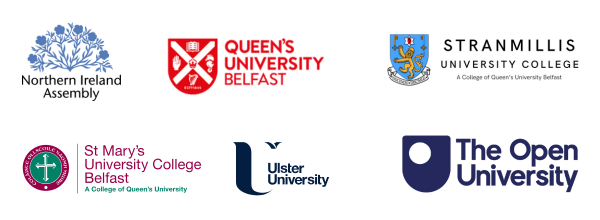Dr Caroline Linse (QUB)
As of 2011 there were over 50,000 migrants, who speak a language other than English or Irish at home, residing in Northern Ireland. Many of these individuals do not possess adequate levels of English language proficiency in order to access services. Research funded by the Northern Ireland Inclusion and Diversity Service was conducted to determine the home-school connections of culturally and linguistically diverse families in Northern Ireland. It revealed that there are a wide variety of ways that translation and interpretation services are offered for families not fluent in English within the school settings. Drawing upon the findings from the research in Northern Ireland, this presentation provides an overview of the types of translation and interpretation taking place in Northern Ireland; the advantages and disadvantages of each; and recommendations for agencies utilizing both formal and informal translation and interpretation. The presentation also includes references to work in this area in other contexts, as well as specific guidelines for agencies using both formal and informal translation and interpretation. These guidelines help ensure that the translations are conducted in a professional manner for all agencies providing services.
Date of seminar: 15 June 2016
Download:
Policy Briefing
Presentation



